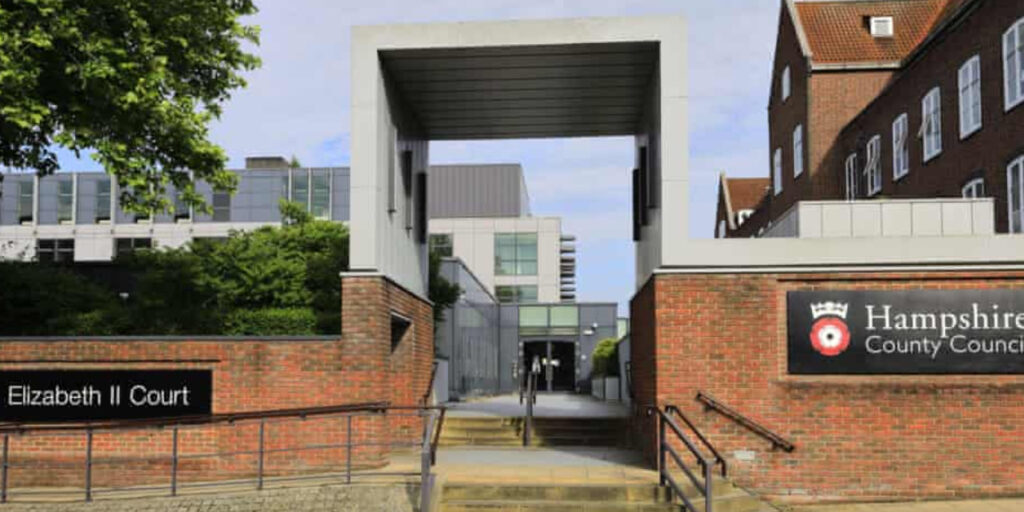Ministers are facing mounting pressure to allow financially struggling councils in England to raise council tax by as much as 25% to prevent bankruptcy. Experts say the government is likely to approve requests for tax increases above the standard 4.99% cap, as several councils face issuing Section 114 notices, which signal insolvency.
Under normal rules, councils must hold a referendum to raise council tax beyond 4.99%. However, when councils face financial collapse, the government can waive this rule, allowing them to increase rates without public approval.
Among the councils in severe financial distress are Hampshire County Council (Tory-controlled), Bradford (Labour-controlled), and Windsor and Maidenhead (Liberal Democrat-controlled).
Struggling Councils Warn of Bankruptcy Risks
The previous government permitted some councils to exceed the 5% cap after they declared bankruptcy, including Croydon, Birmingham, and Thurrock. Experts argue that ministers will have little choice but to approve similar increases again.
Tony Travers, a local government finance expert from the London School of Economics, said, “The government is bound to let some councils breach the 4.99% cap because it’s the least worst option.”
Jonathan Carr-West, CEO of the Local Government Information Unit, echoed this concern. “The alternative is letting councils go bust, which would still result in above-cap tax rises as part of the recovery process.”
Councils Face Tough Cuts to Social Care and Services
The County Councils Network reports that 85% of local authorities say their financial position has worsened since the autumn budget. Without major council tax hikes, councils are expected to slash funding for adult social care, school transport, and libraries.
A spokesperson warned, “Considering there is very little fat left to cut, further reductions will have a material impact on residents.”
Hampshire, Bradford, and Windsor Seek Huge Tax Increases
Several councils have already submitted formal requests for above-cap tax increases, including:
• Hampshire County Council is requesting a 14.99% rise (£230 extra for a Band D property). It has pledged to hold a local referendum if ministers reject its request.
• Bradford Council seeks a 14.99% increase (£250 extra for Band D) to stabilize its £120m deficit and repay its £600m emergency loans.
• Windsor and Maidenhead Council has proposed a 25% increase (£320 extra per year) and has warned that bankruptcy is “almost inevitable” without approval.
Will the Government Approve Bailouts or Borrowing?
Ministers could opt to allow councils to borrow more or even cancel debts for selected councils. However, borrowing by local authorities has already hit record levels, making widespread debt relief unlikely.
Carr-West warned that selective bailouts would create fairness concerns. “If ministers bail out some local authorities and not others, what’s to stop councils across the country from demanding the same treatment?”
Public Opposition to Tax Hikes Remains Strong
While councils argue that tax increases are necessary, many residents remain opposed.
• North Somerset Council consulted the public on increases between 7% and 15%, but only 27% supported a rise above 5%.
• Bristol and North Somerset Councils had initially proposed 15% increases but later settled for the maximum 4.99% allowed under current rules.
Sir Stephen Houghton, leader of Barnsley Council and chair of the Sigoma group of urban authorities, said these above-cap requests reflect years of underfunding. “Places like Bradford don’t do this without reason. Residents won’t like it, but stabilizing the council is the priority.”
Government Response: No Decisions Yet
The Ministry of Housing, Communities, and Local Government dismissed reports of upcoming approvals as “speculation.”
A spokesperson stated, “No decisions have been made on council tax increases, and we will only consider above-cap rises in exceptional circumstances.”
As financial pressure mounts, councils await a government decision that could determine their fiscal survival.


